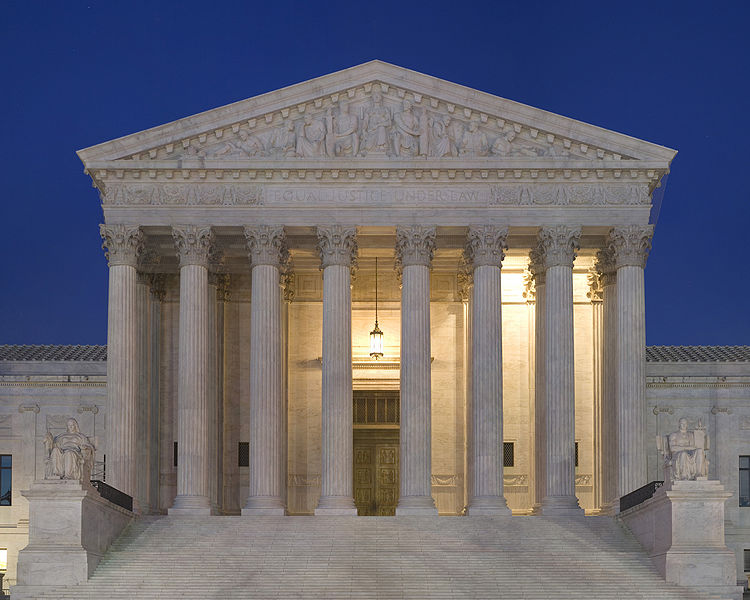A fight between UPS and Amazon over how a federal agency determines shipping costs will not proceed to the U.S. Supreme Court. On May 20, 2019, the U.S. Supreme Court declined to hear a case that challenged giving Chevron deference to the way the Postal Regulatory Commission (PRC) sets package delivery prices. UPS argued that the D.C. Circuit made a mistake in its May 22, 2018, opinion applying the Chevron doctrine to uphold the formula used by the PRC to set postal rates for deliveries of packages.

The Chevron doctrine is an administrative law principle that compels federal courts to defer to a federal agency's interpretation of an ambiguous or unclear statute that Congress delegated to the agency to administer. The principle derives its name from the 1984 U.S. Supreme Court case Chevron v. Natural Resources Defense Council.
In its 267-page petition, UPS asked the U.S. Supreme Court to reconsider the Chevron doctrine in light of the following criticisms:
- “It threatens the proper separation of powers by shifting legislative and judicial responsibilities to executive agencies”
- “There is no legal basis for the assumption that Congress implicitly delegates interpretive authority to agencies”
- “Chevron (with its attendant limitations) is enormously difficult to apply in practice.”
- “Several Justices have recognized that this powerful criticism warrants a reconsideration of Chevron by the Court.”
In its 2018 ruling, the D.C. Circuit held that the PRC formula was based on a permissible interpretation of an unclear part of the 2006 Postal Accountability and Enhancement Act (Accountability Act). The court said that the agency interpretation was consistent with longstanding practice stretching back to 1975. Under Chevron, courts defer to reasonable agency interpretations of ambiguous laws.
Additional reading:
Text of UPS’ petition for a writ of certiorari:
Text of the D.C. Circuit Decision:


